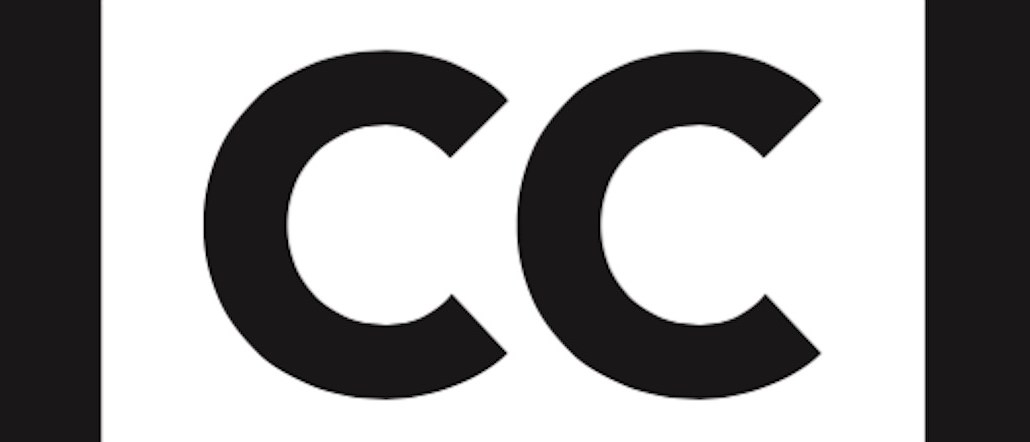
Even when they’re seen, Facebook ads are often not heard. The social network is changing that by introducing closed captioning to help see to it that video ads are at least read.
Facebook is rolling out captioning on video ads beginning today, meaning that the video’s script will automatically display as subtitles while the ads play.
The new tool solves two problems for brands, according to Facebook’s research: The first being that 80 percent of people react negatively when an ad plays loudly and, the other, that 41 percent of brands’ videos ads don’t get the message across effectively without sound.
Prior to this, companies had to provide their captioning before uploading the ad to Facebook. Now, Facebook will transcribe the video and allow companies to review and edit the caption before it’s displayed on News Feeds. The tool will first launch in the U.S. and Canada.
That could pose a problem visually and cover something up in the video, though. Facebook suggests brands redesign their ads no sound in mind, so that means beginning them with “attention-grabbing questions” or immediately showing images of the logo or product.
“There’s no universal solution to building brands with mobile video, so experiment and test to understand what works for your brand and audience,” admitted Facebook.
Facebook suggests that brands should adjust their video ads because it’s in their favor Its internal tests shows that videos with captions are watched 12 percent longer.
Image via Shutterstock.
More in Media

In Graphic Detail: The scale of the challenge facing publishers, politicians eager to damage Google’s adland dominance
Last year was a blowout ad revenue year for Google, despite challenges from several quarters.

Why Walmart is basically a tech company now
The retail giant joined the Nasdaq exchange, also home to technology companies like Amazon, in December.

The Athletic invests in live blogs, video to insulate sports coverage from AI scraping
As the Super Bowl and Winter Olympics collide, The Athletic is leaning into live blogs and video to keeps fans locked in, and AI bots at bay.





